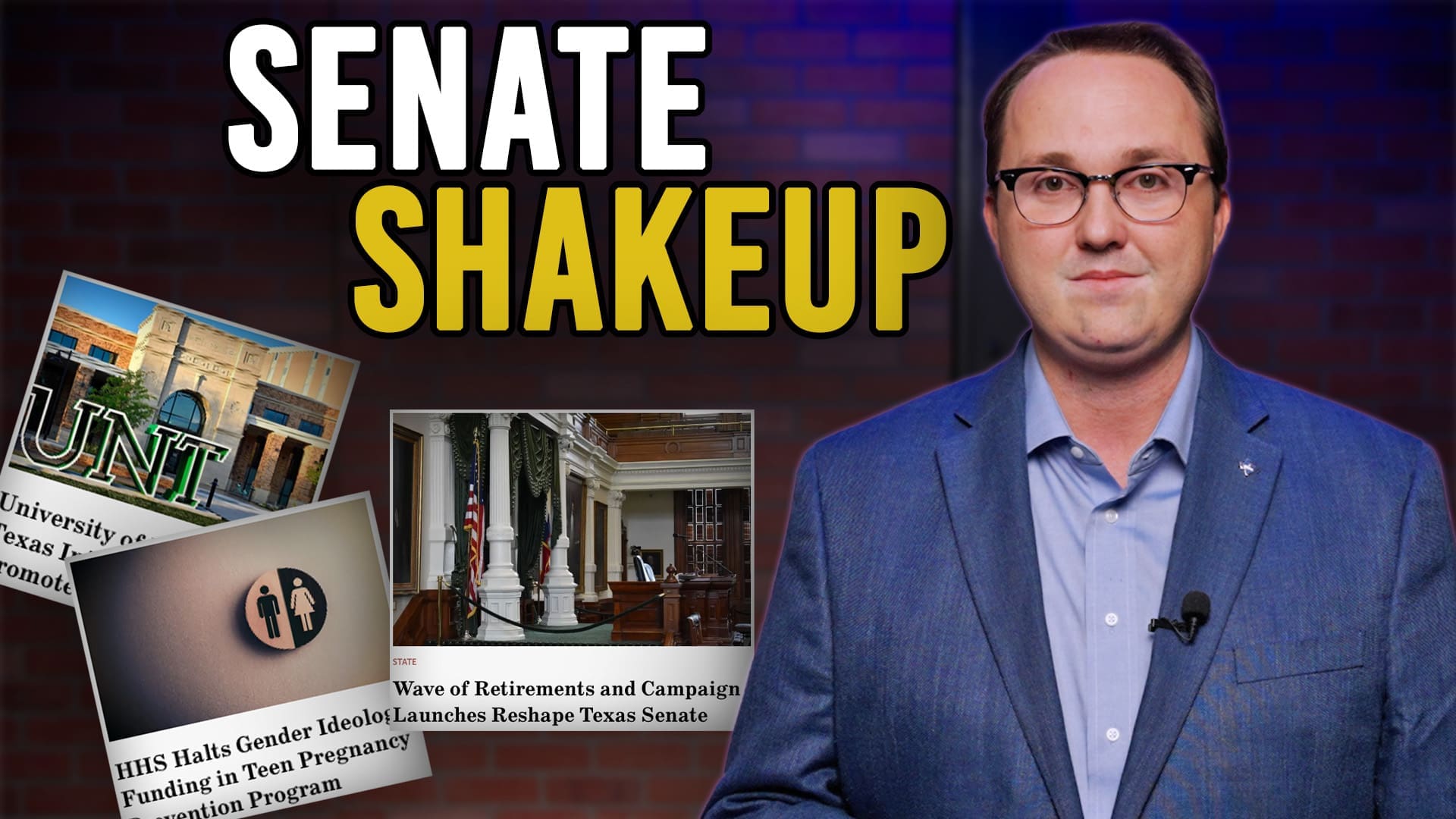Whistleblowing University of Texas Regent Wallace Hall went on offense this week, filing suit against UT System and Chancellor William McRaven over the latter’s refusal to disclose documents to his superior. The legal effort comes after weeks of wrangling over whether Hall – a member of the governing board of UT – should be allowed access to underlying documents related to an investigation of the admissions scandal at UT.
In May the office of Attorney General Ken Paxton issued an advisory opinion stating that Hall was entitled to access the documents as part of his responsibilities as a member of the board of regents. Despite the AG’s ruling, McRaven has refused to release the documents, alleging that the Family Educational Rights and Privacy Act (FERPA) prevents their release.
However, the US Supreme Court has appeared to interpret FERPA as applying only to files stored in a student’s “permanent file,” and there are exceptions to allow university officials and others with managerial responsibilities – like Regent Hall – to access even those records when necessary.
Earlier this year news broke that UT Austin President Bill Powers had been allowing under-qualified but politically-connected students admission to its main campus and law school using a secret off-the-books admissions process. The legislators who abused the admissions system at UT still remain unnamed and – if named – undoubtedly should be forced to resign.
For years Powers had lied to cover up the existence of the admissions scheme, but when it came to light, he and his defenders switched to pleading an everybody else does it defense.
Powers was eventually forced to resign from UT, but during the legislative session, Gov. Greg Abbott appointed new regents to the board who were Powers loyalists and closely connected to the scandal. Efforts to bring in a fresh face, untainted by the scandal, were halted and Powers was replaced with his second-in-command, Greg Fenves, who had participated in the cover-up.
Since Fenves’s selection, UT officials have stonewalled all efforts by Hall to further investigate the scandal and hold the bad actors involved accountable. Now Hall is being forced to go to the courts so that he can be allowed to do his constitutional duty.
Further investigation in recent weeks by Watchdog.org has revealed that, while he was dean of UT Law, Bill Powers admitted dozens of applicants with LSAT scores in the 130’s and 140’s. Such scores are typically too low to allow admission even to the worst accredited law schools in the nation, much less to a high-profile institution like UT Law.




